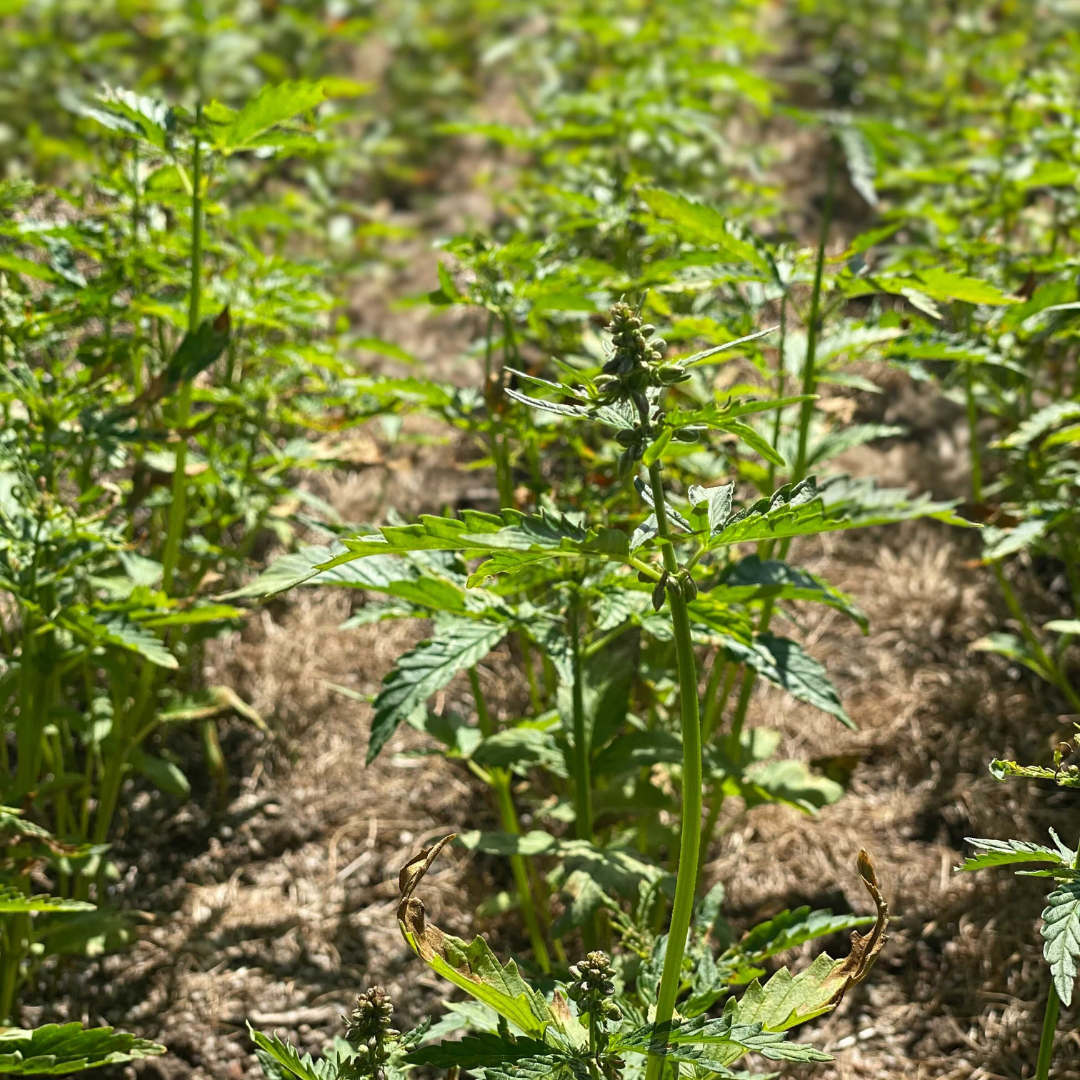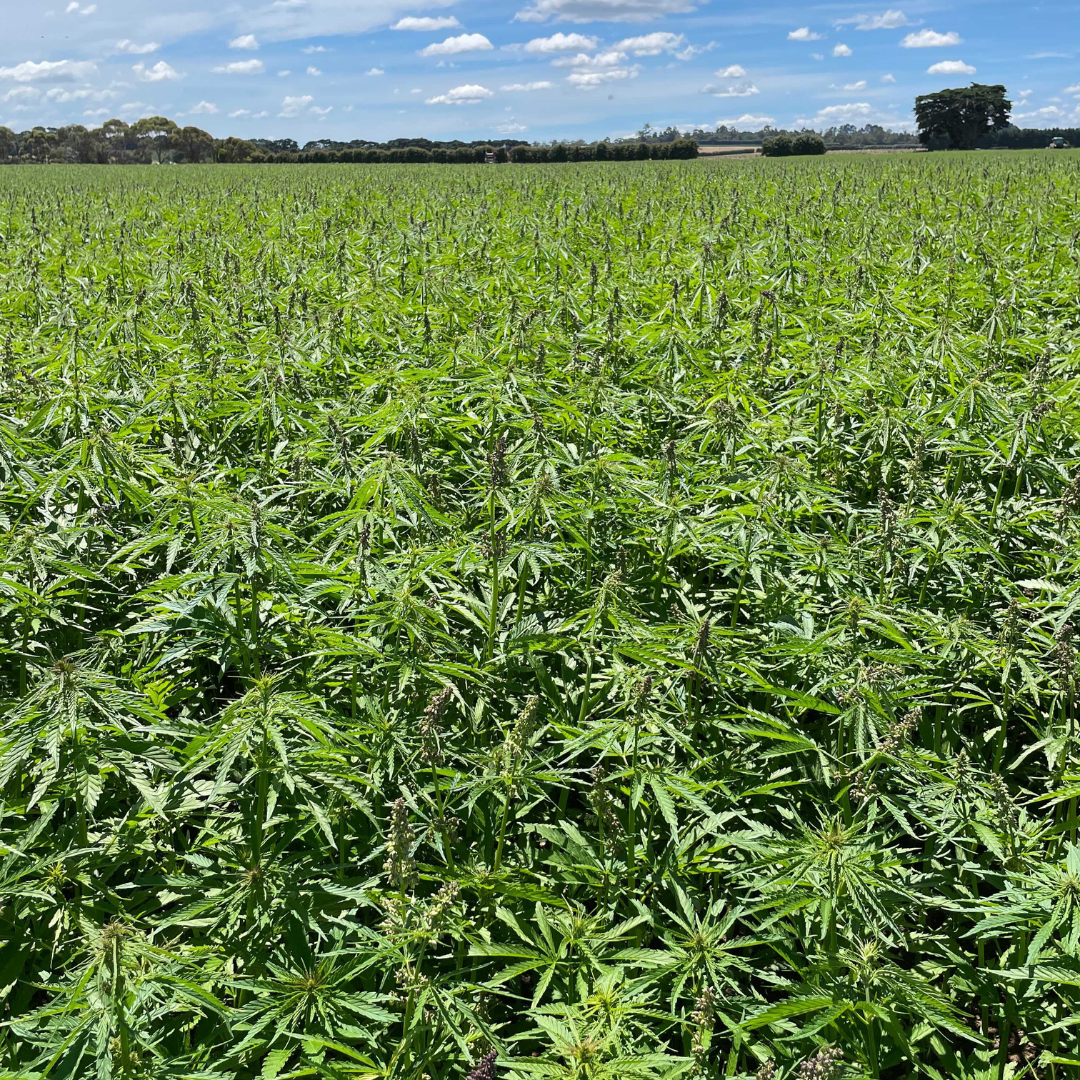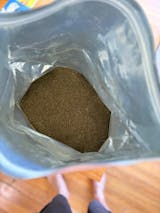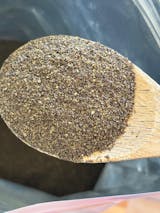Protein. It is probably one of the most talked about macronutrients. We know we need to consume it, we know it is essential for the body and we know it is good for us, but our knowledge just seems to skim the top.
Today we are diving deep beneath the surface to uncover more about the role of protein in the body and the different sources of proteins on the market. So grab your snorkel and let’s jump in.
Protein is found in every cell of the body and is one of the three major macronutrients that make up the diet (fats and carbohydrates being the other two). This means it is essential that the body consumes enough protein.
The Dietary Reference Intake recommends consuming 0.8 grams of protein per kilogram of body weight. This equates to 56 grams for the average male and 46 grams for the average female per day.
To understand what that might look like in your diet we have compared some of the most popular raw sources of protein.

Now let's swim a little deeper and figure out the role of protein in the body.
Basically life without protein, would not be possible.
Protein is one of the essential building blocks of the body. It is found in every cell and is crucial for the structure, function, and regulation of tissues and organs.
It also plays a role in ;
- Transporting molecules and nutrients around the body,
- Helping repair cells and make new ones,
- Biochemical reactions to help aid digestion, energy production, blood clotting and muscle contraction,
- Sending messages between cells, tissues and organs,
- Providing various parts of the body with structure, strength and elasticity,
- Assisting in maintaining proper pH values of the blood and other bodily fluids,
- Protecting the body from viruses and bacteria,
- Acting as a valuable energy source,
-
And promoting proper development and growth of tissue, particularly in children, teenagers and pregnant women.
Protein is made up of smaller molecules called amino acids.
Amino acids are linked together like beads on a string and form long protein chains. The sequences in which these amino acids are linked determines the role that protein plays in the body.
There are twenty amino acids found in the body but not all of them can be produced, nine of them have to come from your diet. These are called essential amino acids.
Essential Amino Acids are vital for tissue growth, energy production, immune function and nutrient absorption. Not eating enough foods that contain all nine essential amino acids can seriously impact your health.
Let’s see if our everyday sources of protein contain all nine essential amino acids.
If you are looking for some new Aussie grown, high protein foods to add to your diet, check out our range of Mt. Elephant hemp product, fuelled with hemp from Australian Primary Hemp.
References
https://www.everydayhealth.com/diet-nutrition/protein-how-much-you-need-benefits-sources-more/
https://www.healthline.com/nutrition/how-much-protein-per-day
https://ghr.nlm.nih.gov/primer/howgeneswork/protein
https://www.healthline.com/nutrition/functions-of-protein#section2
https://www.healthline.com/nutrition/essential-amino-acids#roles-in-your-body








